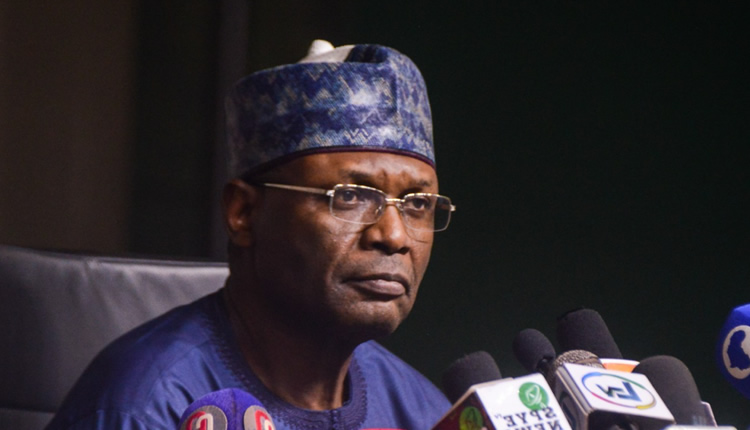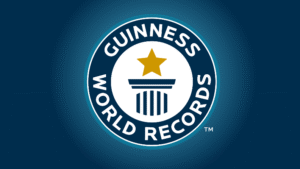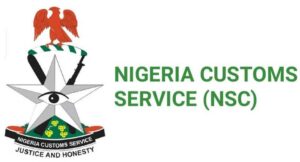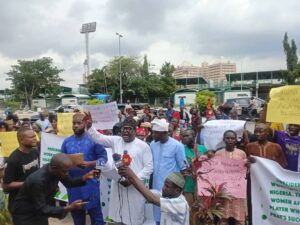INEC chairman warns early campaigns pose risk to democracy

The Chairman of the Independent National Electoral Commission (INEC), Professor Mahmood Yakubu, has expressed concern over the growing incidence of premature political campaigns, describing the trend as a violation of electoral laws and a threat to Nigeria’s democracy.
Speaking at a one-day roundtable on the dangers of early political campaigning, held Wednesday at the Electoral Institute in Abuja, Yakubu described the development as a “disturbing trend,” particularly in relation to forthcoming off-cycle governorship polls, the FCT Area Council elections, and the 2027 general election.
Citing Section 94(1) of the Electoral Act 2022, which prohibits campaigns earlier than 150 days before polling and mandates they end 24 hours before voting, he lamented that many political actors routinely flout the law.
“Parties, candidates, and their supporters appear to be in constant campaign mode, even before INEC releases the official timetable and schedule of activities. Across the country, we have seen billboards, media adverts, and rallies openly promoting parties and aspirants,” Yakubu said.
He warned that such premature activity undermines INEC’s capacity to monitor campaign spending. “These actions weaken our ability to enforce finance limits, as aspirants and third-party groups spend huge sums that fall outside the period we can officially track,” he noted.
While acknowledging that Nigerians expect INEC to act, Yakubu stressed that the commission is constrained by loopholes in the law. He observed that although Section 94(2) prescribes a fine of N500,000 for campaigns within 24 hours of an election, there are no sanctions for campaigning earlier than the 150-day window. “This is the real challenge,” he said.
Yakubu admitted that early campaigns are not a new phenomenon, but warned that the inability of regulatory bodies to address them within existing legal limits calls for urgent reflection. With the National Assembly currently reviewing the Electoral Act, he said INEC had invited the leadership of the Senate and House Committees on Electoral Matters to consider expert recommendations for reform.
He also acknowledged the involvement of other regulatory agencies, including the National Broadcasting Commission, the Advertising Regulatory Council of Nigeria, and the Broadcasting Organisation of Nigeria, expressing optimism that their engagement would produce workable solutions.
ATTENTION: Follow 9jaReporters on Instagram for a chance to win ₦100,000 in our Top Fans Challenge!
JOIN NOW to participate and stand a chance to win exclusive prize ons, free airtime, and exciting gifts!
FOLLOW US TODAY! DON’T MISS OUT!
His remarks come amid a surge in political activities nationwide, despite the 2027 general elections being more than a year away. Politicians across the country have been holding rallies, commissioning projects, and organising empowerment programmes—activities many observers describe as thinly veiled campaigns.
Nigeria’s four-year electoral cycle often sees political activities intensify long before official timelines, with governance increasingly taking a back seat. In the lead-up to the 2023 elections, similar concerns were raised as political rhetoric dominated public discourse months before campaigns were formally permitted—without consequences, owing to weak enforcement mechanisms.




